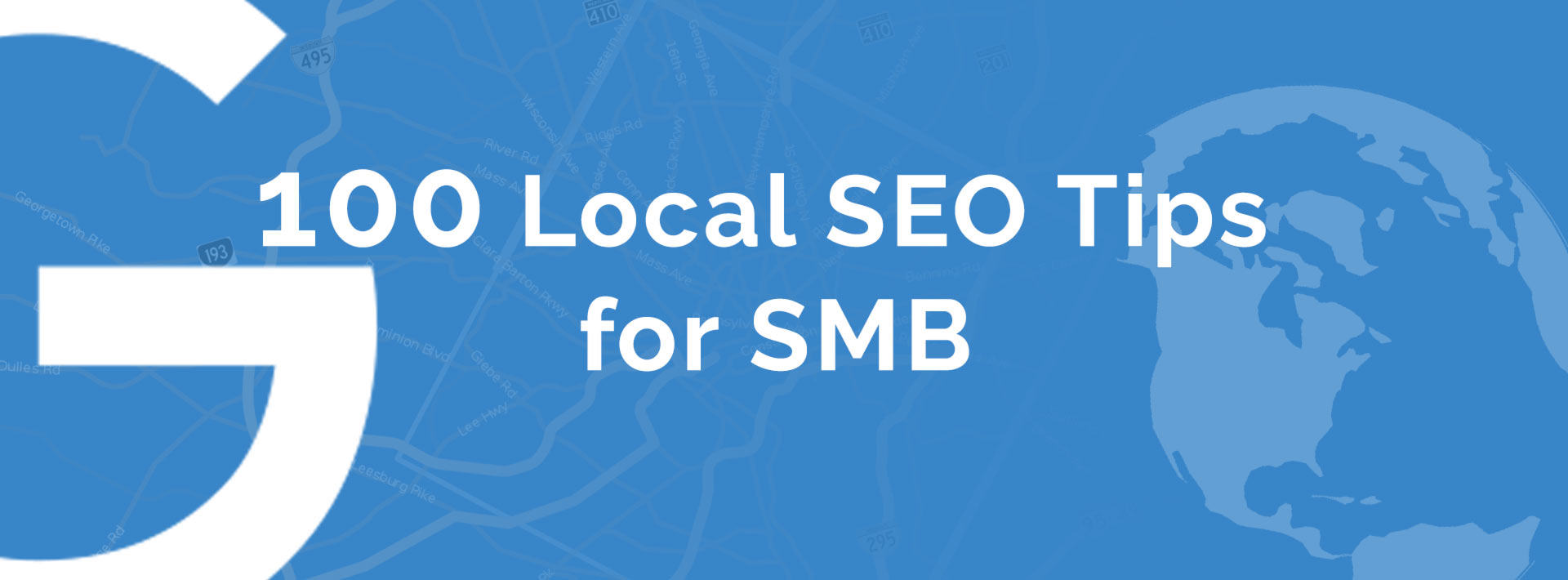Not long ago, a friend asked me a question I hadn’t heard for years:
“Yes, but does SEO really help, though?”
At first, I laughed. Then I realised it’s actually a fair question again. In a world full of AI-generated answers, TikTok searches, and voice assistants, where does SEO even fit anymore?
The short answer: SEO still works — it’s just changed form.
The long answer: it’s now less about “ranking on Google” and more about building visibility across every surface where search happens — Google, Bing, AI summaries, Maps, YouTube, voice, and even smart devices.
SEO Isn’t One-Size-Fits-All
Some businesses still don’t need aggressive SEO. If your operation is entirely local and word-of-mouth keeps you afloat — for example, a small trade supplier, a local joiner, or a shop with a loyal customer base — then your site can simply act as a digital business card.
But for almost everyone else, visibility online is directly tied to growth.
If one potential client finds your site through search, places an order, and tells three more people, the effort has paid off. Now imagine that multiplied hundreds of times over — this is the snowball effect that makes SEO one of the most powerful compounding investments in marketing.
Even if AI-driven assistants start answering questions directly, those assistants still draw from optimised, trustworthy content. If your business isn’t part of that data ecosystem, you disappear from future discovery entirely.
SEO Is the Foundation of All Marketing
You might already spend money on ads — Google, Facebook, maybe even TikTok or YouTube. So why bother with SEO?
Because ads rent attention. SEO builds equity.
Without a well-optimised site, your paid campaigns will always underperform. Visitors who land on a slow, confusing, or unhelpful page leave quickly. Google now measures that behaviour and factors it into your Quality Score and even your organic trust signals.
SEO today is about creating the right environment for every marketing channel to work together — a technically sound, user-friendly site that converts traffic from any source. Without it, all your ad spend leaks away like water through a sieve.
Who Do You Sell To?
Some businesses still think SEO is unnecessary for B2B. They rely on existing networks, referrals, or direct sales.
But here’s the modern reality: nearly every B2B transaction now starts online. Decision-makers research vendors, read reviews, check credibility, and shortlist suppliers before ever answering a call or opening an email.
Even if you don’t sell directly online, your website shapes first impressions.
- Is your brand findable?
- Do you appear in AI-driven summaries or local listings?
- Do your competitors already dominate the informational space?
If your website isn’t visible when people are researching — even passively — you’ve already lost ground.
The Modern Search Landscape
SEO in 2025 isn’t about chasing one blue link anymore. It’s about visibility across an ecosystem:
- Traditional organic results (still powerful, especially local and product searches)
- AI-generated overviews in Google Search and Bing Copilot
- Zero-click results (maps, reviews, snippets, video carousels)
- Alternative platforms (YouTube, Pinterest, even TikTok SEO for visual content)
Google’s own data shows around 60% of all clicks still go to organic results, and nearly 75% of users never scroll beyond the first screen — not even the first page. That means the first few visible spots — snippet, map, or overview — capture the majority of user attention.
If your content isn’t optimised for those surfaces, it’s invisible.
The AI Factor
Generative AI hasn’t killed SEO; it’s just raised the bar. Search is now conversational and contextual. AI summaries rely on structured data, topical authority, and reputation signals.
That means:
- Schema markup, FAQs, and HowTo content matter more than ever.
- Clear, experience-based language (not generic filler) helps AI understand you’re an expert.
- Mentions, reviews, and consistent entity signals across the web feed into AI models’ trust assessments.
Put simply: the better optimised your content and reputation, the more likely AI will summarise you — not your competitor.
SEO by the Numbers (2025 Update)
Here’s what current data shows:
- 90% of online experiences still begin with a search.
- 63% of users say they trust organic results more than ads.
- 78% of local mobile searches lead to an offline purchase within 24 hours.
- 45% of all search queries now include a local intent.
- AI search (Google’s “Overviews,” Bing Copilot, and ChatGPT Search) draws content almost entirely from optimised, verifiable sources.
So no, SEO isn’t obsolete. It’s become the connective tissue that keeps your digital marketing coherent and discoverable.
The Bottom Line
If your business depends on being found online — whether for sales, enquiries, or brand credibility — SEO isn’t optional. It’s the foundation that allows every other marketing effort to actually work.
It’s not about tricking algorithms; it’s about building content and experiences that algorithms want to recommend.
Ignore it, and you’ll be invisible in both search and AI-generated answers.
Embrace it, and you’ll be ahead of most small and medium-sized businesses still treating SEO as an afterthought.
TL;DR
- SEO is still essential in 2025 — it’s just evolved.
- It underpins your paid ads, social campaigns, and content strategy.
- AI assistants now use SEO-optimised content to answer questions.
- A technically sound, helpful site is the real competitive advantage.
- Ignore SEO and your visibility shrinks across every platform that matters.




